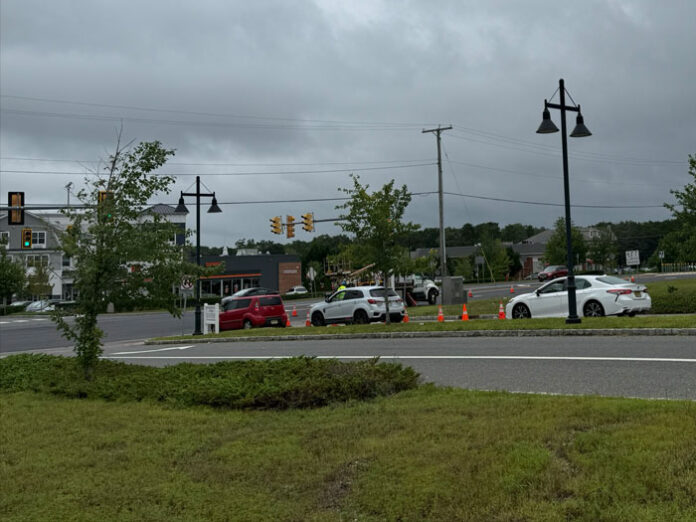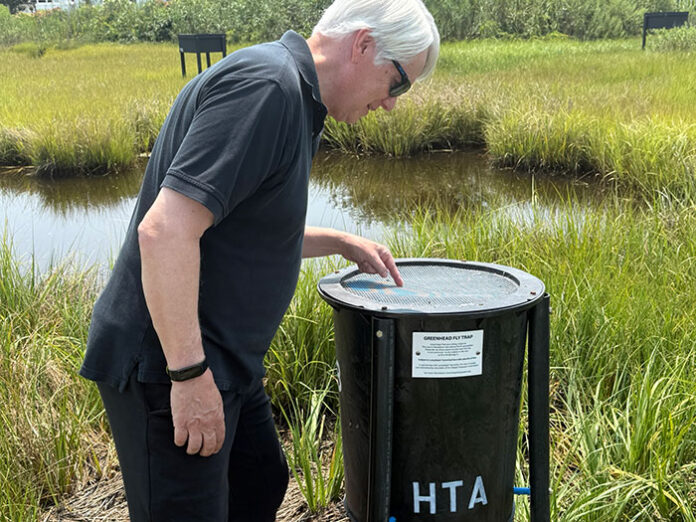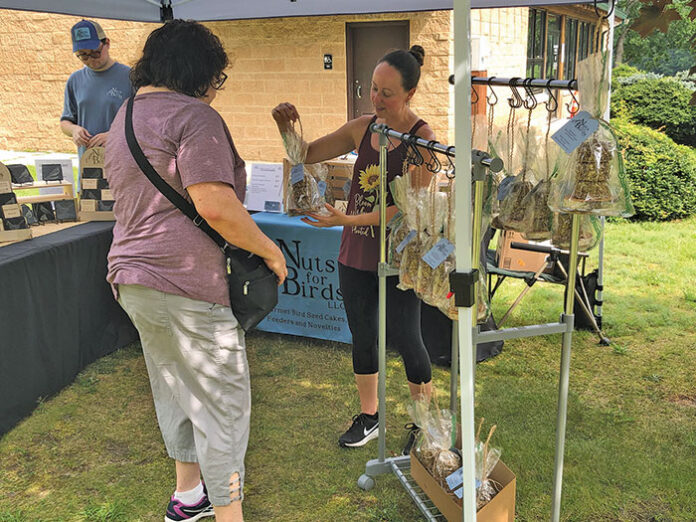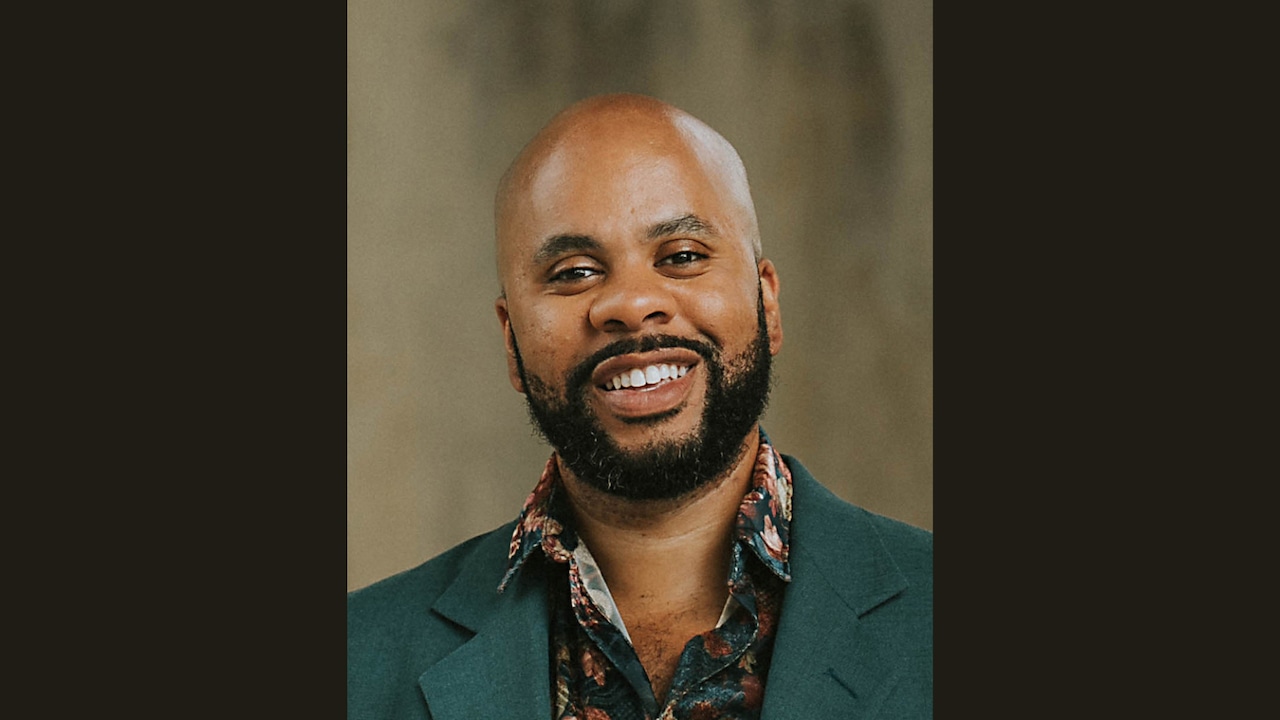Tom’s River Economic researchers are still doing an autopsy on Joann Fabric and Crafts in the months following its collapse to determine how the retail behemoth passed away.
Most folks thought it was just another Amazon casualty because stores were closing so often. There are more intricate explanations, though. A large portion of it is related to upscale financial choices that resulted in the closure of almost 800 stores and the termination of 19,000 workers, including over 15,000 part-time workers.
Joann’s, which began as a family-run business in 1945, rose to prominence as a major craft retailer. Both patrons and employees were knowledgeable about sewing there.
Eight decades later, on May 30, 2025, all of the stores had closed. According to reports, Joann’s private labels and intellectual property have all been acquired by Michael’s.
According to a Fortune magazine investigation, Joann agreed to take the business private in 2011 after Leonard Green & Partners made an unsolicited offer.
An unsolicited bid is when a business tries to purchase a business that isn’t for sale, according to Investopedia. Another name for it is a hostile takeover.
Located in Los Angeles, Leonard Green & Partners is a private equity investment business that manages assets of over $75 billion. A request for comment for this story was not answered.
Fortunately, Joann had no debt in 2010. Following the acquisition, it had $1.6 billion. This is because Leonard Green used Joann’s as collateral to borrow money to purchase Joann’s, then left Joann’s to bear the obligation.
In essence, a billion-dollar private investor used funds that did not belong to them to purchase a business that was not for sale, then left the business with the debt.
Joann’s was also paying Leonard Green yearly management fees following the purchase.
Following cost-cutting tactics, Joann attempted to operate more like a generic box store than a niche company, according to insiders who spoke to Fortune. They reduced their workforce and had fewer management personnel with sewing and craft skills.
Jenn, who lives in Toms River and does a side business sewing, misses the shop.
She told The Toms River Times that Joann’s was a community hub in addition to being a store selling fabric and other craft items. Joanne’s provided instruction in knitting, sewing, and other crafts. For both seasoned and inexperienced seamstresses, the women who worked at the cutting counter and store were an invaluable resource.
In addition to the larger stores, several local sewing shops have closed. There are fewer selections at larger box stores, and it’s unlikely that the local cashier will have the answers to your questions. Joann’s and the assistance they offered will be missed. “My thoughts and prayers are with everyone who lost their jobs,” she stated.
Paperless sewing was created by venture capitalist Elizabeth Caven, who also founded the UpCraft Club, an online marketplace for sewing patterns. Joann posted a narrative on her website, ElizabethCaven.com, and CraftIndustryAlliance.org following the announcement of her second bankruptcy in a year. The story described how she met with the head of Joann’s sewing department and discovered that the individual had never seen a sewing pattern.
The slump was exacerbated by Hobby Lobby gaining market share and a succession of CEO turnover.
Joann benefited from the concentration on crafts throughout the pandemic. Seeing an opportunity to sell high, Leonard Green returned the company to the market, earning $131 million and keeping his majority stake. According to Marketwatch, this gave it the authority to propose up to five people for Joann’s board of directors.
The company’s dissolution was announced in a press statement on January 15, 2025.
“The Board and management team have continued to execute top- and bottom-line initiatives to manage costs and drive value since becoming a private company in April 2024,” stated Michael Prendergast, interim CEO. However, the retail industry has faced substantial and long-lasting problems in recent years, which, along with our current financial situation and limited inventory levels, compelled us to take this action. We have thoroughly examined every strategic option and concluded that the greatest way to increase the company’s worth is to start a court-supervised sale process. Through this process, we want to identify a course of action that will enable Joann to carry on as a going concern.
Prendergast went on, In light of everything our company has been through in recent years, I would want to express my gratitude on behalf of the Board and leadership to the thousands of Joann Team Members nationwide for their commitment to our consumers and mission. In the process, we have been supporting sewists, quilters, crocheters, crafters, and other creative enthusiasts for over 80 years, and we are still dedicated to helping them and our consumers.












